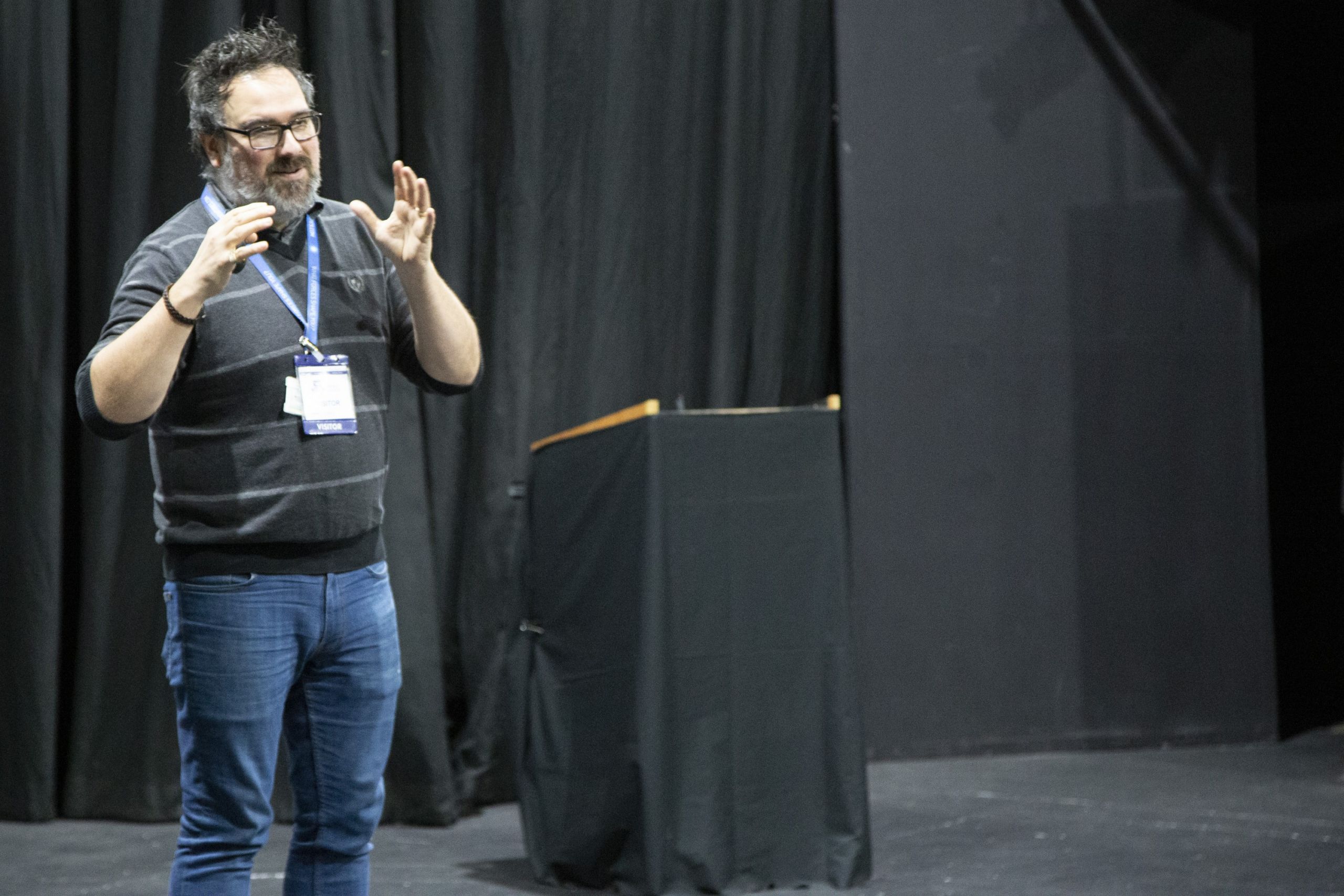LATEST: Prep School Open Morning
LATEST: Senior School Open Morning
LATEST: Sixth Form Open Evening
LATEST: Prep School Open Morning
LATEST: Senior School Open Morning
Back
- Nursery
- Prep
- Senior
- Sixth
- Home
- Contact Us
- Admissions
- Boarding
Date Posted... Jan 29th 2020
The eagerly anticipated visit from the Earth and Life Sciences Department from Aberystwyth University came to talk to Sixth Form students, who had the opportunity to hear from leading experts in their fields and gain a greater understanding of what it would be like to study their chosen A-Level subjects at university level.
Dr. Gareth Hoskins
Senior Lecturer in Human Geography
Department of Geography and Earth Sciences
Gareth Hoskins is a lecturer in Geography at Aberystwyth University where he teaches and researches on a variety of topics including urban geography, the politics of memory, the politics of mobility, environmental history, and material culture. His PhD research on Angel Island Immigration Station in San Francisco was completed while based in the Geography Department of University of California, Berkeley
Dr Alexander Taylor
Lecturer in Psychology
Department of Psychology
Dr Alexander Taylor has a first-class BSc honours degree in Human Biology and Psychology from Staffordshire University, a MSc honours degree in Neuroscience from the University of Manchester and a PhD in Psychology from the University of Reading. He has experience and expertise in research of, as well as clinical and teaching experience in: affective neuroscience, cognition, ageing, Alzheimer’s, mental health, neuroimaging, psychophysiology, immune markers, neuropsychology and research methods. The main themes of his research is focused on older adults emotional and physical health in the context of emotional and cognition interactions in relation to psychological and neural models and theories.
Dr Russ Morphew
Senior Lecturer
IBERS
Dr Russ Morphew, Senior Lecturer in the Institute of Biological, Environmental and Rural Sciences at Aberystwyth University. His current research is aimed at utilising modern high resolution proteomic technologies and mass spectrometry to investigate protein function and interactions. This work has focused upon microbial-host interactions and the proteins that act upon this interface. In particular, how proteins can facilitate the invasion, establishment or colonisation of an organism within a host. Present research focuses upon the interaction of ruminant bacteria upon ingested forage using proteomics to uncover proteins involved in bacterial colonisation, plant protein degradation and the metabolic pathways involved.
